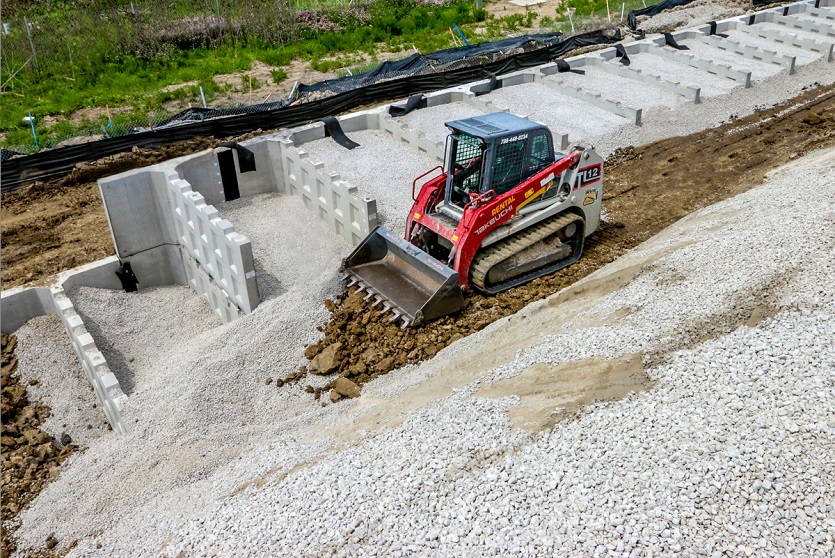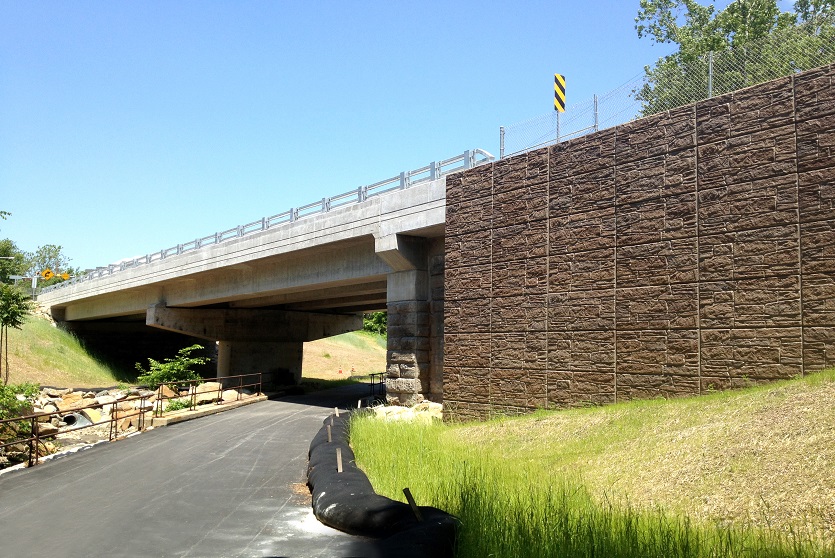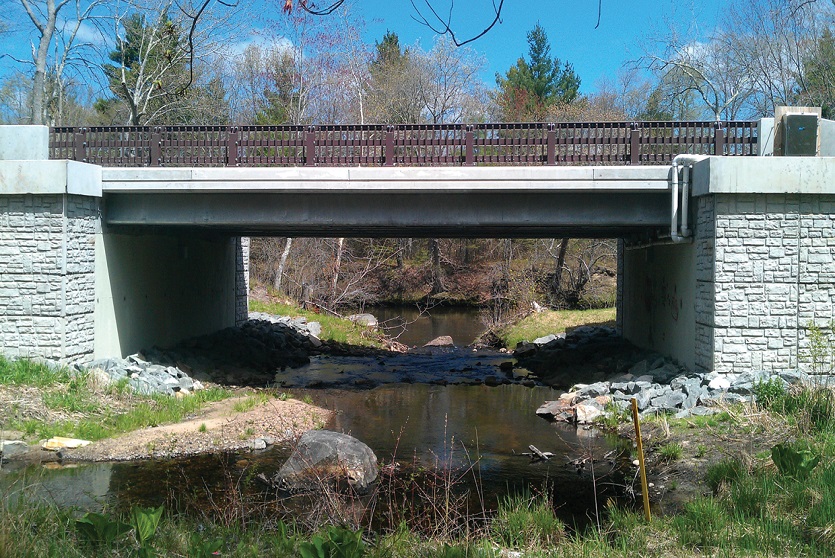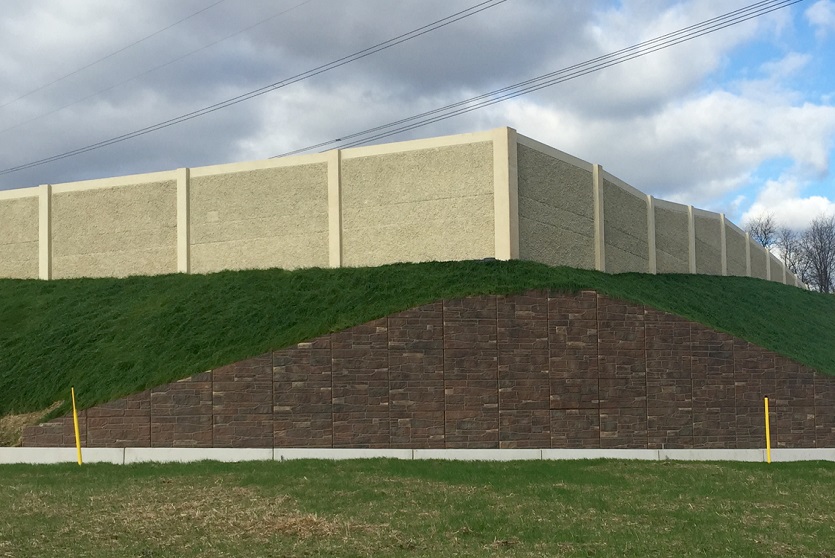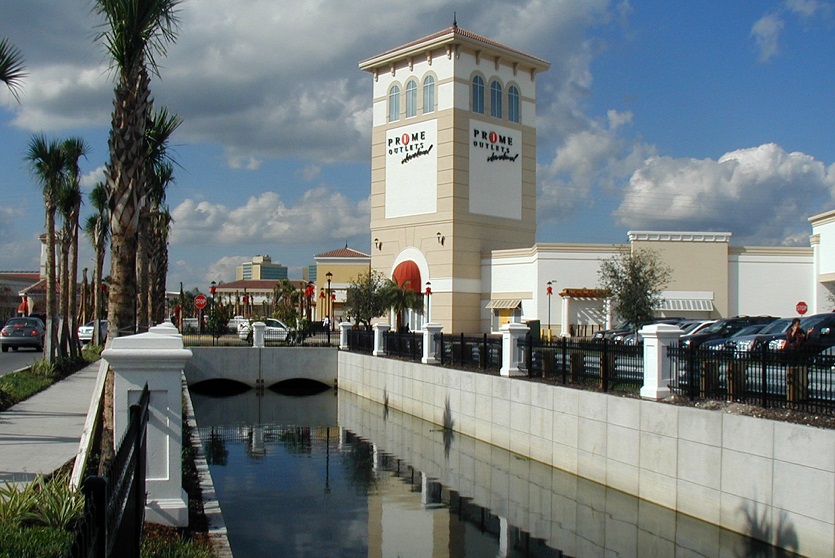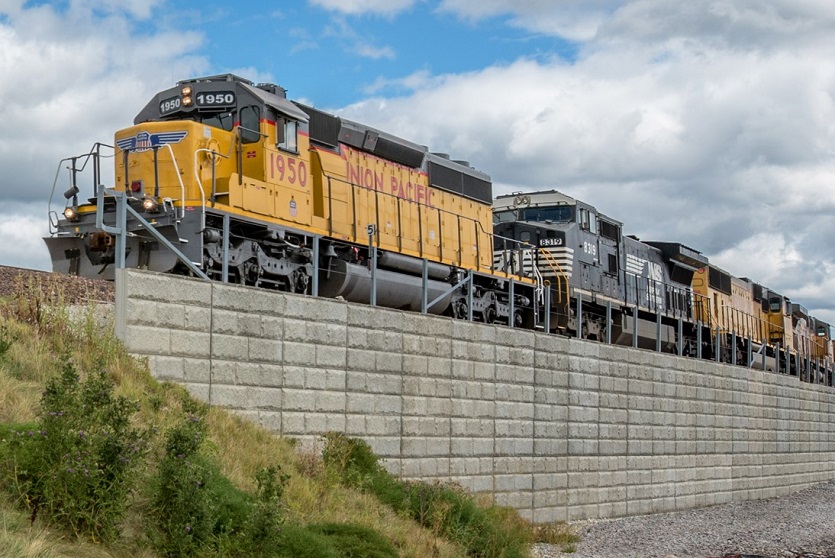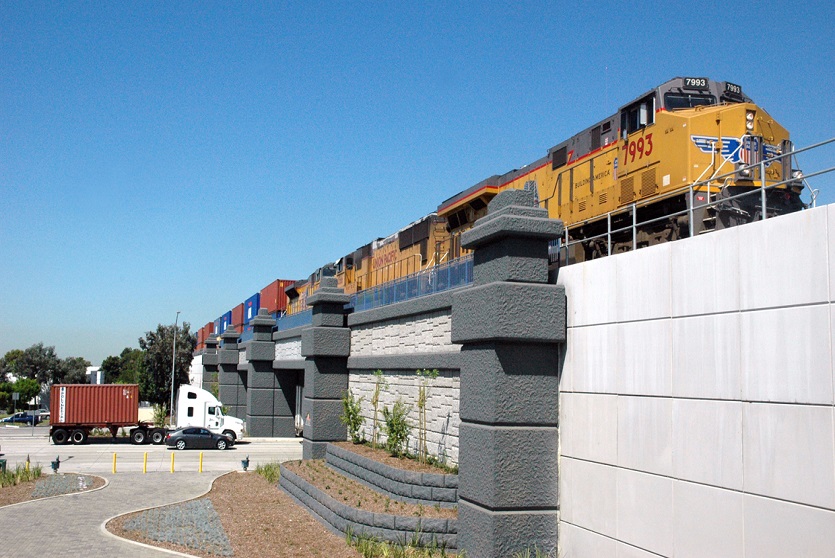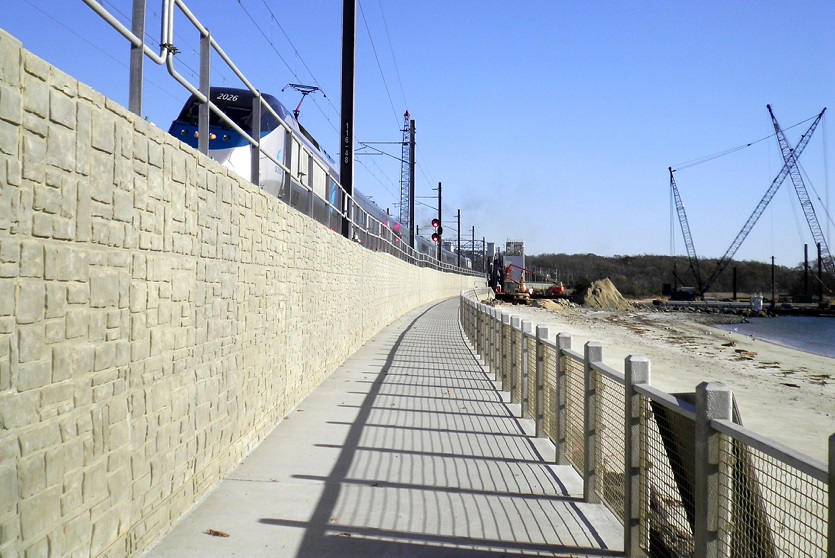T-Wall™ is an innovative precast concrete modular gravity retaining wall solution.
This precast concrete retaining wall system is constructed by combining structurally reinforced modular precast concrete units with engineered backfill. Each individual concrete unit is cast with a perpendicular stem attached to a generally rectangular or square facing that together forms the shape of a “T”. The stems internally stabilize the wall, providing pullout resistance against the lateral earth pressure exerted on the back of the facing. The result is a modular concrete retaining wall structure with no mechanical connections necessary.
Applications of modular precast retaining walls
With more than 850,000 m2 now installed, T-Wall™ modular precast retaining walls can be used wherever conventional retaining walls, non-gravity cantilevered walls, anchored walls, Mechanically Stabilized Earth (MSE) walls, and prefabricated modular walls are considered. Suited to build in areas having restrictive excavation limits, engineers specify this solution for building grade separations for roadways and railways, and for earth retention along coastlines and waterways. Urban and residential developers also appreciate T-Wall™ for landscaping and commercial work sites.
Assembly
Installation of these concrete retaining wall systems are simple and efficient. Firstly, the units are aligned on levelling pads along the base and then are repeatedly stacked and backfilled with layers of compacted granular soil or alternative fill measures. This forms a composite gravity mass capable of supporting extreme static and dynamic loads.
In a standard T-Wall™ precast retaining wall installation, as the units are stacked and the wall height increases, the length of the stems decreases therefore reducing the amount of excavation and backfill quantities required to install as compared to other gravity wall systems.
In a situation of an “inverted” T-Wall™ installation, the length of the stems is shortest along the base course and increases as the wall height increases. Similar to a standard T-Wall™, the excavation and backfill quantities required are reduced.
Design fundamentals
Our engineers are experts in soil-structure interaction design. The fundamental design approach ensures that the rear stem allows for pullout resistance against the lateral earth pressure exerted on the rear of the facing, therefore internally stabilizing the structure. The basic design of a T-Wall™ precast retaining walls addresses both the internal and external stability of the wall system and includes, but not limited to:
- Internal pull-out
- Internal overturning
- Internal structural design of the concrete units
- External overturning
- External sliding
- External bearing pressure
A wide range of standard and custom architectural finishes can be applied to the durable precast front face.
Our engineers consider project-specific site conditions in each T-Wall™ design. For example, seismic loading, drainage, water height, and fixtures such as traffic barriers, parapets, and noise walls that are supported by or influence the structure’s performance.
Advantages of precast modular retaining walls
- Easy installation with no mechanical connections
- Excavation and backfill quantities are minimized
- Allows for a wide range of acceptable backfill including recycled materials
- Limited requirements for bracing or external support during installation
- Approved by most major railway and highway agencies
- Custom architectural finishes
Benefits
Durability
Durability
Due to its characteristics coupled with world-class engineering expertise, T-Wall™ has proven to be a very durable solution.
Reduced maintenance
Reduced maintenance
T-Wall™ requires very limited maintenance, allowing for significant reduction of relaetd costs on the long run.
Aesthetics
Aesthetics
T-Wall™ offers a wide range of architectural finish options.


